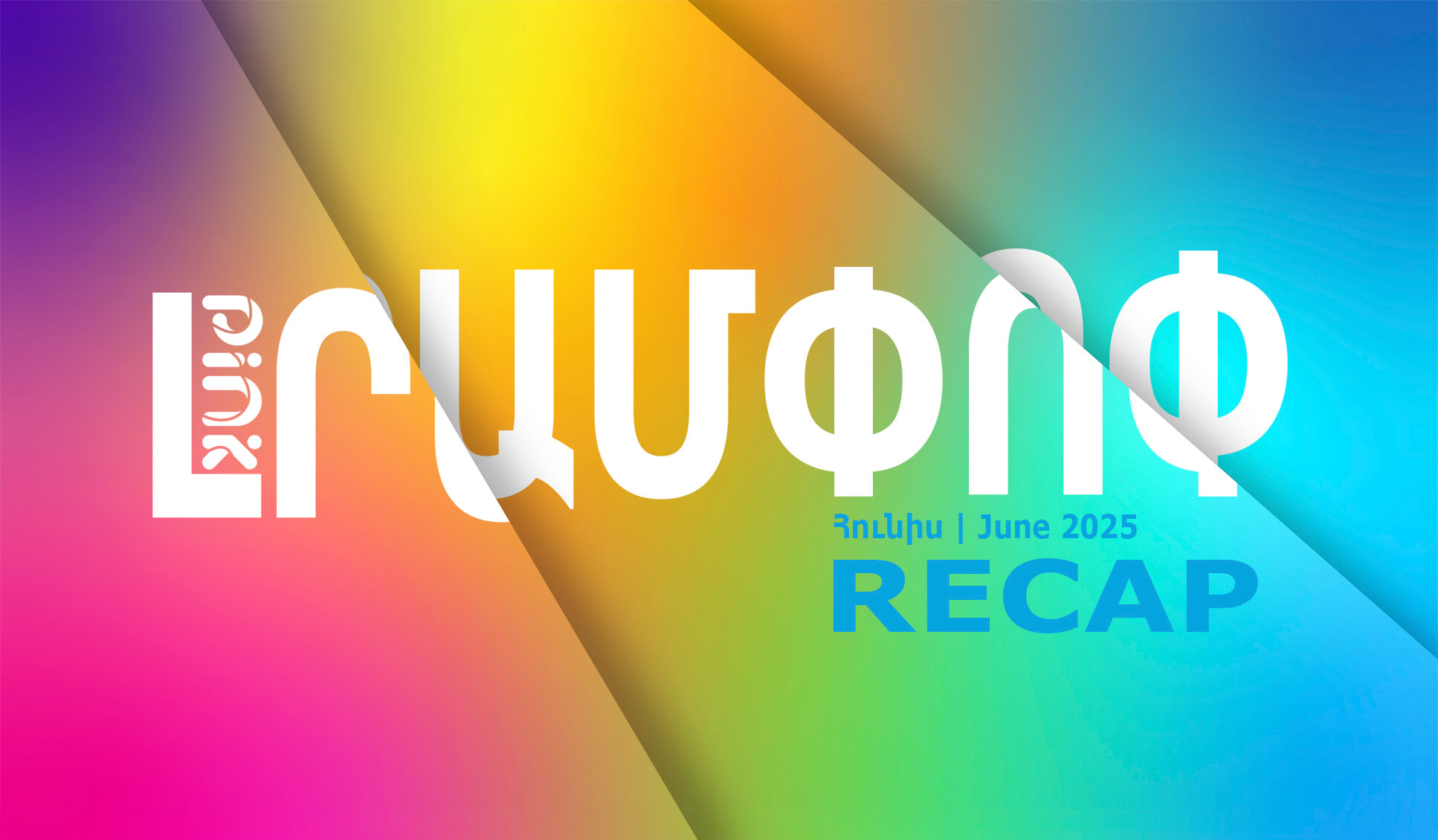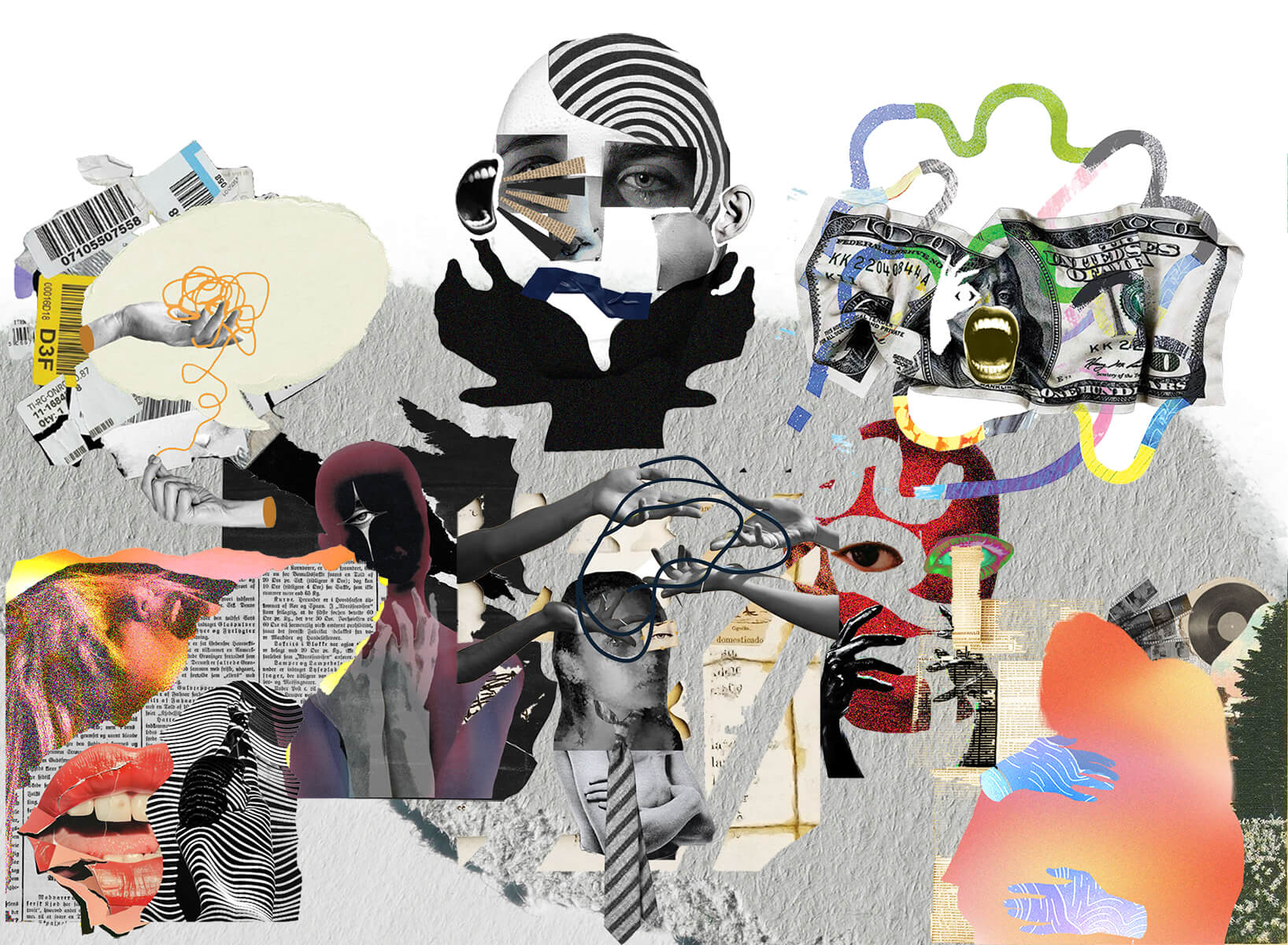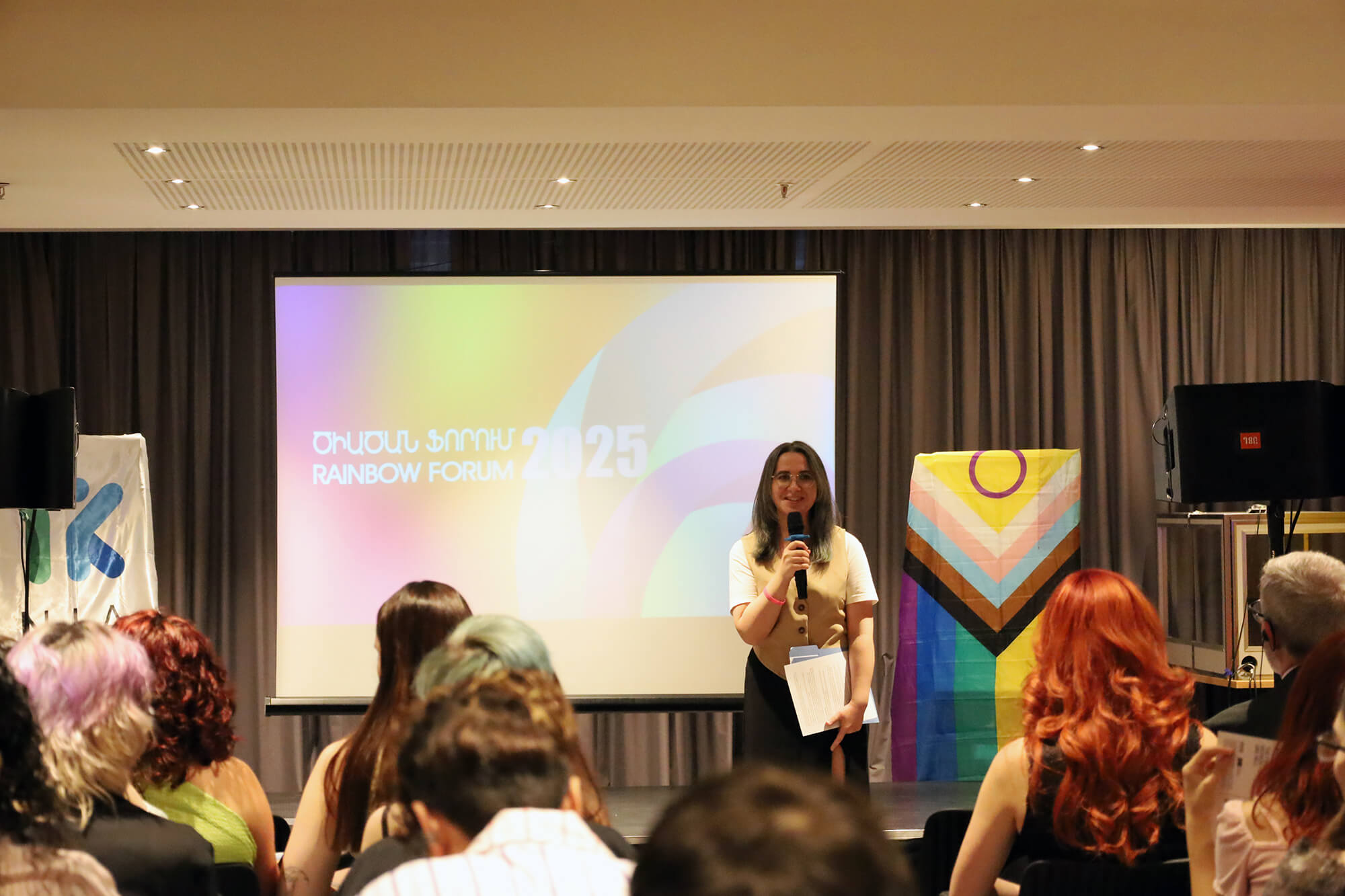Human rights situation of LGBT people in Armenia 2012
Human rights violations of LGBT people can be witnessed in any sphere of social life. Degrading treatment, psychological and physical violence, denial of service provision and communication is the attitude they receive in their everyday life. LGBT people’s visibility in our lives changes along with the changes of social processes.
People in Armenia are subjected to discrimination, they become stigmatized and even become victims of violence because of their real or perceived sexual orientation and gender identity. They are not able to fully take advantage of the universal human rights and fundamental freedoms. Many people, including political leaders have a considerable resistance while discussing the realization of LGBT rights.
Currently, there is no sphere of public life in Armenia where LGBT people’s rights would be protected. In all spheres – military forces, army, police, religion, education, healthcare institutions, employment and even in families LGBT people face various problems and violations of rights if their sexual orientation and gender identity is disclosed.
This report summarizes public and highlighted cases of human rights violations of LGBT people and subsequent events in 2012.

Firebombing of DIY pub
Events unfolding in 2012 somehow changed the the discourse discussing of human rights situation of LGBT people. Before, LGBT issues were generalized in the context of human rights violations. However, intimidating actions towards LGBT people moved the study of their issues into a new context.
DIY pub was firebombed on May 8, 2012 by a group of young people, who justify their action with the fact that the pub owner Armine Oganezova (known as Tsomak) went to Turkey in 2011 and took part in a gay pride, as well as because LGBT people went to that pub. These young people were charged under Article 185 Part 3 of the Criminal Code with the intentional infliction of damage to property committed by arson, explosion or other publicly dangerous method.It should be noted that this does not fully describe the crime as it does not include the bases on hate. ”Public Information and Need of Knowledge» NGO presented a motion to the prosecutor’s office, however it didn’t get a reply. Armenian legislation lacks legal provisions that would define the concept of hate crime, provide responsibility for the latter on the basis of sexual orientation and gender identity and prevent similar acts from happening.
The same day police arrested A. Kh. And H. Kh., who are members of ”Black Ravens Armenia”. They were released on bail and signature as a result of sureties given by members of the Armenian Revolutionary Federation (ARF) Artsvik Minasyan and Hrayr Karapetyan. The explosion of the pub was also justified by the spokesperson of the Republican Party of Armenia (RPA) and the deputy speaker of National Assembly of RA Eduard Sharmazanov, RPA members Hamlet Sahakyan and Ruben Hayrapetyan, ARF members Vahan Hovhannisyan and Artur Aghabekyan. In a created atmosphere of impunity Armine Oganezova and those supporting her became the target of threats from nationalist forces. The walls of the club were being vandalized with threatening messages and warnings. Armine Oganezova’s and her relatives’ safety was not ensured by police.
Press publications around this case were mainly scandalous, in a result of which Armine Oganezova and LGBT people were being presented in extremely negative context, which contributed to increasing manifestations of aggression against them. In a result of threats and without receiving relevant protection from the state Armine Oganezova and her sister, who was fired from her job because of those incidents, have left the country.

Disruption of Diversity March
“Public Information and Need of Knowledge”, “Women’s Resource Center” NGOs and some activists organized “Diversity March”, which was planned two years before and should have been held in May 21, on UN International Day for Cultural Diversity for Dialogue. This event was dubbed as a “gay pride” by extreme groups and the misinformation was spread in media quickly. On May 21, the above mentioned groups gathered in Cascade, where the march should have started from. Similar posters and the thing that some people were giving instructions were testifying that the anti-march was planned beforehand. Throughout the march the nationalist groups were insulting and offending the participants of the march. Police officers were preventing attacks and physical violence towards participants. The march ended near the Artists Union, where “(in)valuable” exhibit was supposed to be held, but it was cancelled due to security considerations. Participants of the march, accompanied by police, went outside from the back part of the building in order to avoid clashes. Afterwards, police representative informed the extremists that the participants of march have left the place using other exit. While the attackers of the march were gathered in front of Artists Union, the priests of the Armenian Apostolic Church arrived and blessed them, as well as they’ve given interview to media sources mentioning that they are against sexual minorities.
Helsinki Association human rights organization applied to Prosecutor’s Office in order to hold appropriate investigation and to reveal the organizers. However, the Prosecutor’s Office did not undertake anything relating to this. The media had their own role in the promotion of hate, aggravation and manipulation of current situation. After all, the march organizers noticed persecutions against them. Threats, personal insults and speech inciting violence were delivered to them explicitly as well as through social networks, emails, and third party involvement.
Engagement of Diaspora
After the events of May 8 and May 21 the representatives of Diaspora have made statements condemning the acts of the groups disseminating hatred and initiated an electronic petition which demands from Armenian authorities to respect LGBT people’s constitutional rights and to protect them.
Response of international institutions
A number of international organizations and diplomatic representations in Armenia have made statements by expressing their concern and calling on the Armenian authorities to take steps to undertake measures. The state did not initiate anything to guarantee LGBT people’s safety.
In 2012 the UN Human Rights Committee studied Armenia’s fulfillment of the covenant on civil and political rights during its 105th session. ”Public Information and Need of Knowledge” NGO, with the support of partners, presented a report on human rights violations of LGBT people in Armenia, in a result of which the Committee clearly noted in its conclusions Armenia’s responsibilities in order to improve the situation.
 Attempts to silence activists abroad
Attempts to silence activists abroad
“Armenians and Progressive Politics” conference took place in USA and was launched in New York city, and then continued in San Francisco, Berkley and Los Angeles.Together with other civil society activists ”Public Information and Need of Knowledge” NGO president Mamikon Hovsepyan presented human rights situation of LGBT people in Armenia. The speeches had success in three cities, however in Los Angeles the hosts, Armenian Revolutionary Federation Central Committee – Eastern Region did not allow him to present his speech, in a result of which the majority of participants left the conference hall and conducted that part in another place. The organizers explained their decision as for safety considerations.
While leaving the venue, Markar Melkonian, brother of national hero Monte Melkonian, approached Mamikon Hovsepyan, shook his hand and said that he supports him.
Film screening failure
The screening of the film Parada, which tells about the struggle for sexual minorities in Serbia, sponsored and organized by the German Embassy and EU Delegation in Armenia, was cancelled due to the withdrawal of all the venues from their initial commitment to host screenings, because extremist groups came up with threats again. A number of NGOs issued a statement demanding the government to provide a space and ensure the safety but their demand remained without a response.
Legislative initiatives
Human Rights Ombudsman office initiated the development of anti-discrimination legislation. In the first presented draft law “discrimination based on sexual orientation and gender identity” was included, but later this point was excluded from the definition of discrimination. The Human Rights Ombudsman Office refuses to provide explanations on this matter. Perhaps it could be the first law, which will ban the discrimination based on sexual orientation and gender identity. There is no law in Armenia that prohibits discrimination, hate promotion, violence and other crimes based on person’s sexual orientation and gender identity.
Conclusion
Concluding the documentation of human rights situation of LGBT people in 2012, we should mark, that LGBT people are presented as enemies of the society. Such opinion is being supported by media as well. As a result, any sphere of social life is becoming a place for discrimination, degrading treatment and violence. The intimidating activities toward LGBT people and supporters are considered to be new challenges which were not countered in a comprehensive way. The statements of state officials contribute to human rights violations of LGBT people, creating an atmosphere of impunity.




